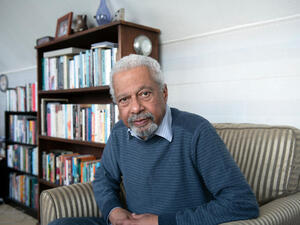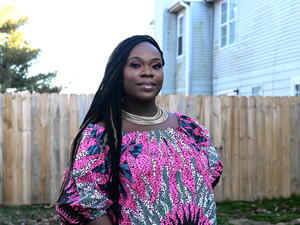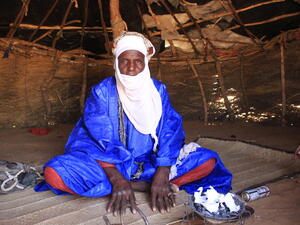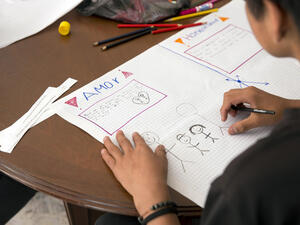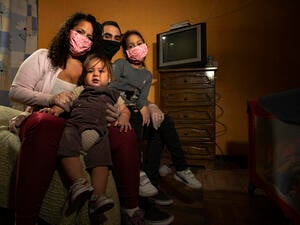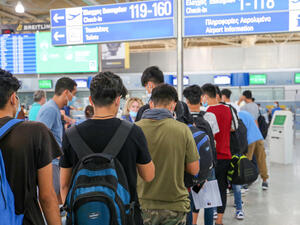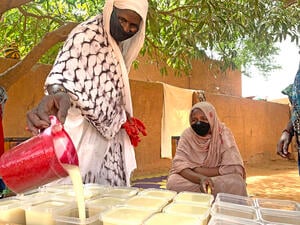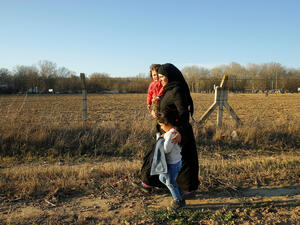UNHCR welcomes adoption by Italian journalists of ethics code
UNHCR welcomes adoption by Italian journalists of ethics code
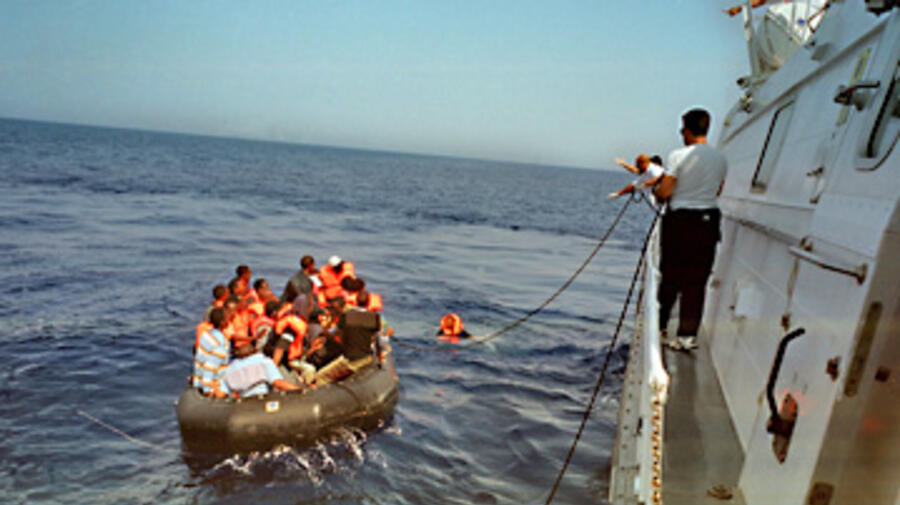
The Italian Coast Guard rescues migrants and asylum seekers found floating off the coast of Lampedusa Island. Migrants and asylum seekers sometimes get a bad press in the Italian media.
ROME, Italy, June 13 (UNHCR) - The UN refugee agency on Friday welcomed the final approval this week by the Italian Council of Journalists' Association of a code of conduct on reporting of asylum and migration issues.
The document, adopted on Thursday and known as the Rome Charter, was drafted by the Journalists' Association and the Italian National Press Federation (FSNI) in collaboration with the UN refugee agency.
The Rome Charter will provide Italian journalists with guidelines to ensure that information on asylum seekers, refugees, migrants and victims of human trafficking is balanced and accurate.
The Charter also calls for migration and asylum issues to be included in journalism courses and establishes an independent monitoring centre which will monitor media coverage of asylum seekers, refugees and migrants.
"The charter's definitely a big step forwards," said a UNHCR official. The refugee agency believes this code of ethics will lead to the correct use of language and adequate protection for all those who have requested and obtained protection in Italy, without prejudicing the right to information.
The issue of immigration has been widely discussed in recent months in Italy and there have been several cases of attacks against foreigners.
The idea of drafting a code of conduct first surfaced when UNHCR sent a letter to the editors of major news outlets in January last year to complain about the way that the media had covered a murder case in the northern Italian town of Erba. Magistrates and the media had pointed the finger at the foreign husband of the murder victim, but he was overseas at the time. Two neighbours subsequently confessed to the crime.
Following publication of the letter, UNHCR, the Journalists' Association and the FNSI set up a working group to draft a code of conduct on coverage of migration and asylum issues. The three organizations behind the Rome Charter also drew on input from members of a consultative committee, which included government officials, academics and both Italian and foreign journalists.

